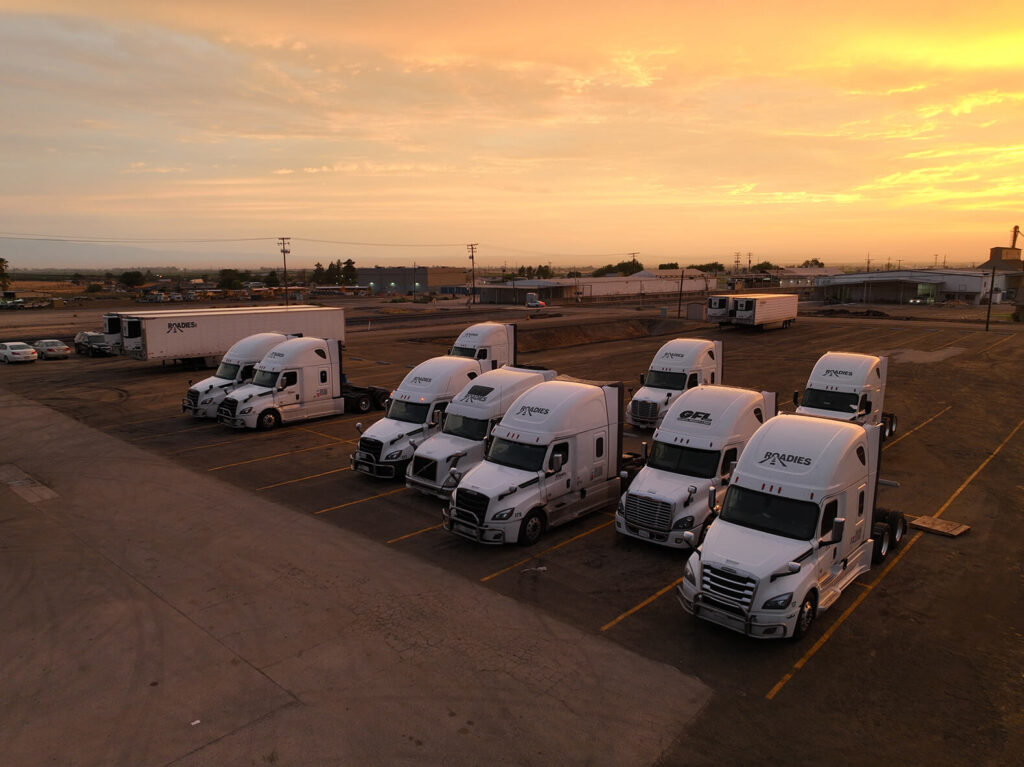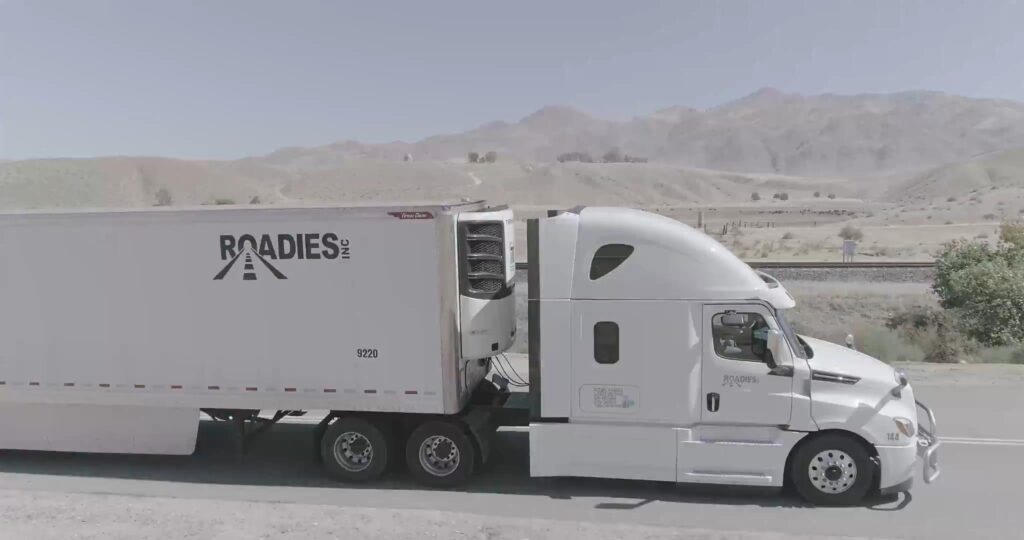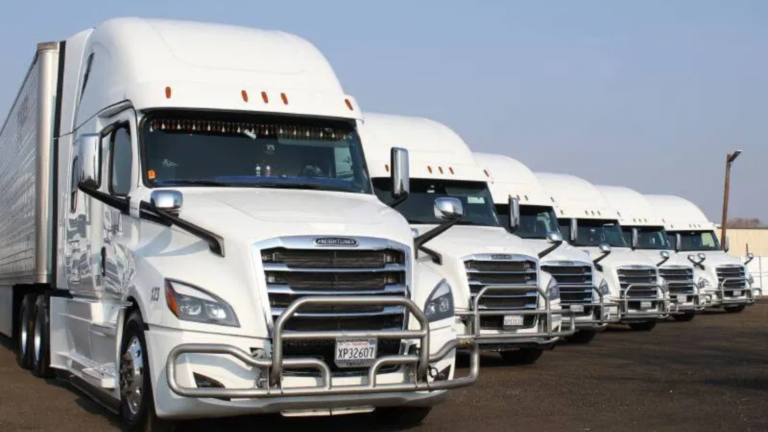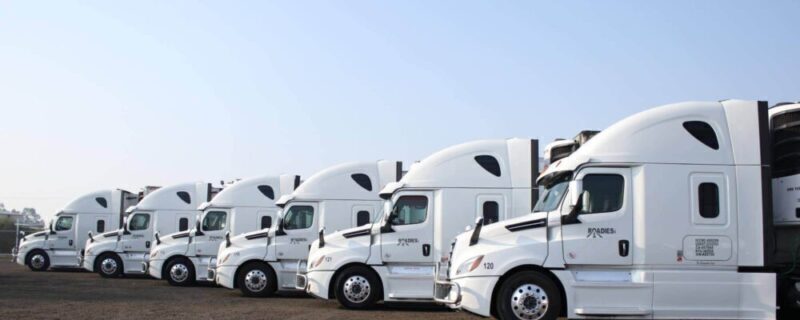How Small Businesses Can Benefit from Professional Logistics Services

Running a small business is no small task. Whether you’re selling handcrafted goods online, offering specialty products through a local boutique, or managing a growing e-commerce brand from your garage, your day is packed. You’re juggling inventory, responding to customer questions, managing marketing, processing payments, and keeping the wheels turning. And let’s not forget the […]
Top 7 Benefits of Working with a Bakersfield Trailer Company

When you think about transportation, logistics, or moving heavy equipment, trailers are often the unsung heroes. They may not grab headlines, but they do a lot of the heavy lifting—literally. From hauling crates of freshly picked oranges to moving large construction gear or oilfield machinery, trailers make sure the job gets done. They’re the quiet […]
The Hidden Impact of Tariffs on Freight, Shipping, and Global Supply Chains

In today’s global marketplace, businesses depend on smooth and efficient freight logistics to move goods across borders. Whether it’s car parts from Germany, electronics from China, or fresh produce from Mexico—goods are constantly on the move. Behind the scenes, an entire system of shipping logistics and supply chain logistics makes sure products arrive on time, in good […]
How Freight Brokers in the USA Can Improve Operations with GPS Tracking

In today’s fast-moving freight world, staying on top of every load, every route, and every delivery is no longer a luxury—it’s a necessity. As a freight broker, you’re the critical link between shippers who need to move goods and carriers who get the job done. But let’s be real: logistics can be unpredictable. Shipments get […]
Cross Docking for Manufacturers: How to Speed Up Production and Delivery

In today’s fast-paced manufacturing environment, speed and efficiency are critical factors that can determine whether a company thrives or struggles. Consumer expectations are higher than ever, with faster product delivery becoming the standard rather than the exception. Manufacturers, in turn, are feeling the pressure to adapt quickly and keep up with these demands, all while […]
Eco-Friendly Shipping: How to Make Your Deliveries Greener

In today’s fast-moving world, shipping plays a major role in our daily lives. Whether you’re a business owner sending out products or just someone who shops online, shipping is part of how we stay connected and get the things we need. From groceries and clothes to electronics and gifts, almost everything we use gets shipped […]
Green Logistics: How Sustainability Is Transforming the Supply Chain

In today’s world, where climate change and environmental ideas are at the center of global conversations, it is the way we move to change the goods. Companies no longer focus on speed and costs. Now there is a growing demand for green logistics – a smart, cleaner method for handling transport, warehousing and supply chain […]
How Technology Is Helping Trucking Companies Work Smarter, Not Harder

Trucking is the lifeline of the American economy. Every single day, millions of goods—everything from groceries, medicine, and clothing to furniture, electronics, and raw materials—are transported across the country by truck. Without trucking, store shelves would go empty, factories would stop running, and people wouldn’t receive their online orders on time. It’s no exaggeration to […]
How Shipping Companies Can Boost Success with Technology

Shipping is a complex and demanding business. It requires managing a large number of moving parts—from maintaining fleets of trucks and coordinating delivery schedules to tracking shipments in real-time, handling tons of paperwork, and keeping clear, constant communication with customers. All this must be done while navigating tight deadlines, fluctuating fuel prices, regulatory compliance, and […]
Why Smart Packaging and Labeling Are Important to Shipping Services

In today’s fast-paced and highly competitive marketplace, shipping services play a crucial role in how businesses connect with their customers. Whether you’re a small artisan sending out handcrafted goods or a large company distributing thousands of products nationwide, the way you package and label your shipments can dramatically affect your success. It’s not just about […]

